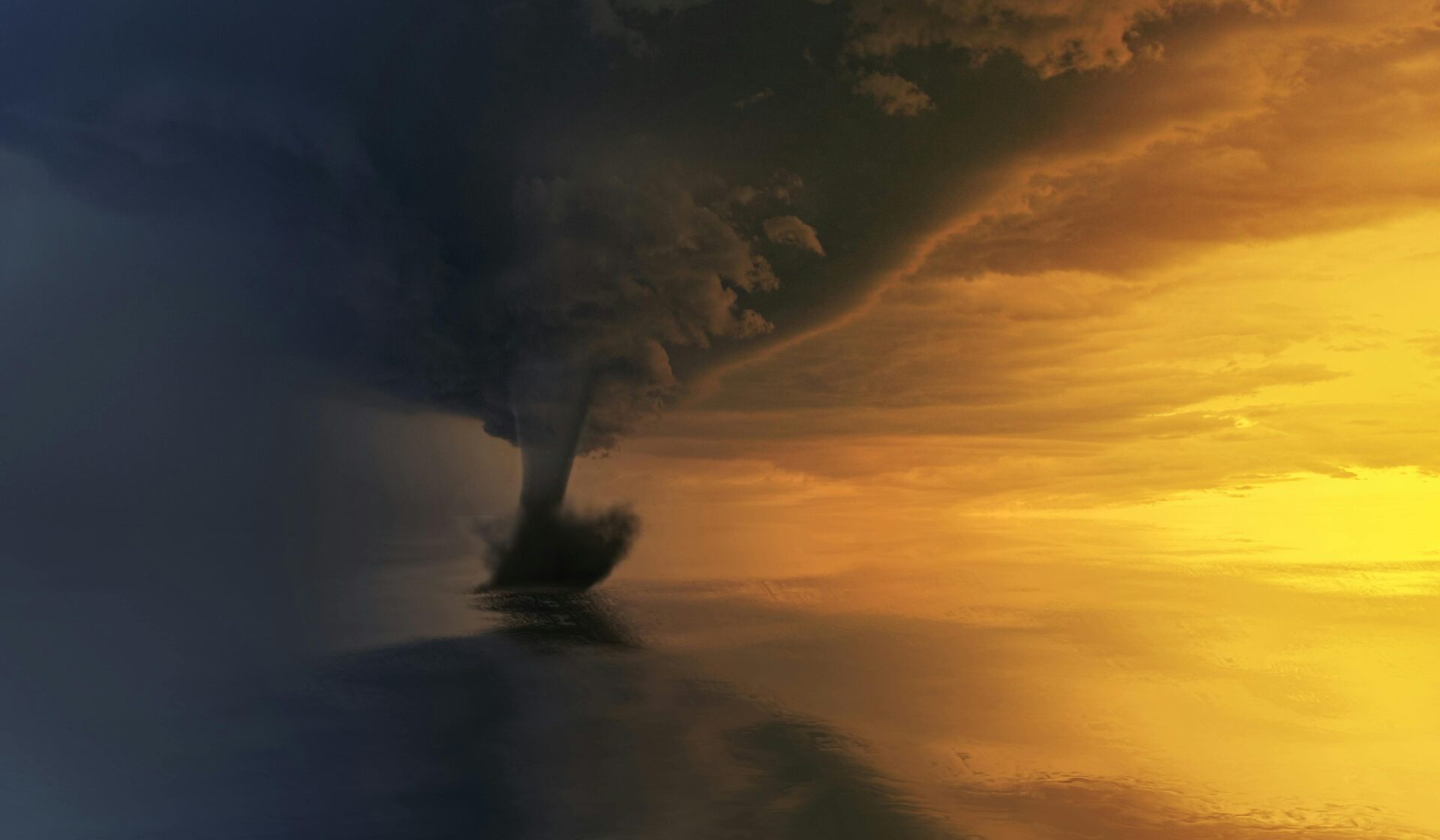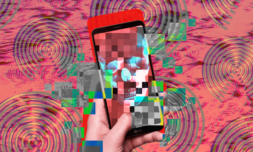On one side of the internet, content creators and clout chasers used the natural disaster to entertain and engage. On the other, it triggered a surge in misinformation and conspiracy theories. While social media platforms function as a go-to news source for many, is this proof that things have gone too far?
Arriving just a fortnight after the misery brought about by Helene, Hurricane Milton tore through Florida last week, making landfall as a powerful Category 3 storm and spawning a barrage of deadly tornadoes.
Intensifying rapidly and dramatically, the record-breaking extreme weather event dumped rain across much of the state, caused major flooding, left millions without power, and claimed at least 16 lives.
But you already knew all of this, didn’t you?
In recent years, social media has become a go-to news source for many. As it stands, 54 per cent of Americans prefer their digital devices to television, radio, and print publications and 52 per cent get their updates not from trustworthy media outlets, but from TikTok.
These figures are only set to rise as technology (and our dependency on it) continues to advance.
@uva_society_behaviour News outlets need to be on social media #research #learnontiktok #explainer #news #socialmedianews ♬ original sound – UvA Society & Behaviour
And as platforms grow to dominate coverage alongside this, the way we keep up with what’s happening in the world is rapidly changing – made clear by the dystopia of watching Hurricane Milton unfold online.
While the natural disaster wreaked havoc, the internet was split in two.
On one side, recognising they’d ‘never have this many eyeballs on them ever again,’ (Rebecca Jennings wrote on X) content creators and clout chasers jumped at the opportunity to entertain and generate user engagement, staying put ‘for the plot’ – and for us click-happy netizens at home.
On the other, it triggered a surge in misinformation (stoked, of course, by Donald Trump) and conspiracy theories that it was either engineered by meteorologists or unleashed as a weapon by the government.
This raises the question: did Hurricane Milton spiral out of control or have we?
I do not think it’s an accident that a lot of the people refusing to evacuate are professional content creators. they know they’ll never have this many eyeballs on them ever again pic.twitter.com/8xSYQwUIx5
— rebecca jennings (@rebexxxxa) October 9, 2024
Disassociated from reality
Since the pandemic, things haven’t really been the same.
Mandated to isolate for months on end and with little else to do as a result, most of us saw our average screen time far-surpass the recommended daily amount as socialising, working, and everything-in-between was taken online.
During lockdowns, we adapted to existing virtually and, nearly half a decade later, there’s no denying that this stuck.
Nowhere is this more apparent than in how we consume news, with escaping the unremitting influx of appalling events taking place across the globe now an all but impossible feat.
Despite the benefits of being perpetually in the loop (knowledge is power after all), many of us are experiencing compassion fatigue whereby we’re numb to tragedy because we’re fed so much of it.
As a coping mechanism, an alarming number of people are switching off entirely, compounded by how social media tends to make light of serious matters through dark humour, memeification, and clout-chasing.
@mattfromhornblasters.com Do I go live for Milton? #florida #tampa #hurricane #milton #floridaman #flood #kayak #plantdad #weekend #hornblasters ♬ original sound – Matthew Heller
The latter reared its ugly head as Hurricane Milton raged on, with Floridian content creators leaping onto livestreaming the storm rather than running for safety.
In the name of entertainment, influencers risked drowning, electrocution, and being hit by flying debris to appease their followers and fill their pockets – simplified by algorithms that promote inflammatory videos and incentivise divisiveness, as well as dubious payment structures on TikTok and X which financially reward engagement bait.
‘A positive of this is you’re getting real-time, on-the-ground footage of what’s happening,’ communications expert, Krysten Stein, told CNN.
‘But what are the motivations behind posting such traumatic events? Are creators aiming to educate people about what’s going on, or to monetize their content?’
Given Caroline Calloway is one of the influencers who went most viral for ‘reporting’ on Hurricane Milton as it passed by her beachfront condo in Sarasota, that she plugged her next book simultaneously answers Stein’s question.
For all social media’s potential to offer valuable advice, information, and resources – and for people to help others – it sure seems to be bringing out the worst in us more often than not.




















